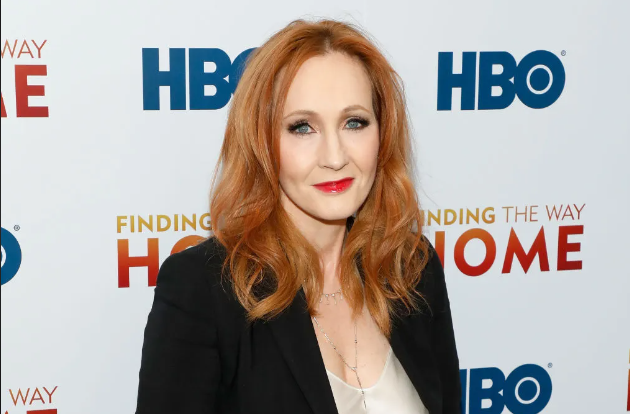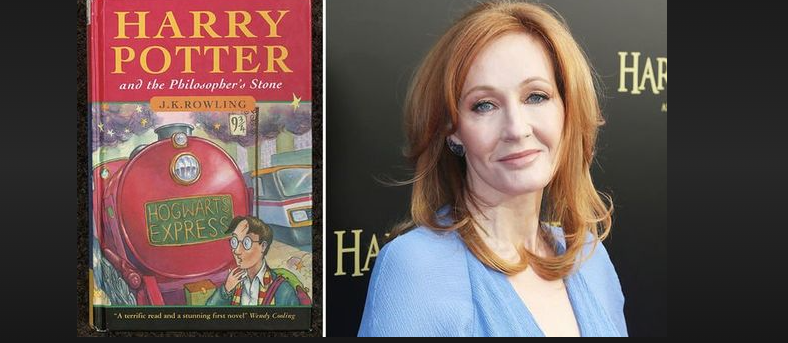Does J.K. Rowling Make Money from the Movies? Exploring the Relationship Between Author and Film Adaptations
The world of literature and cinema often intersect, leading to questions about how authors and filmmakers collaborate and benefit from each other's work. One such intriguing example is J.K. Rowling, the renowned author of the "Harry Potter" series. As the wizarding world of Harry Potter has captivated both readers and moviegoers, many wonder if Rowling continues to profit from the movies based on her books. In this article, we will explore the relationship between J.K. Rowling and the film adaptations of her beloved series, shedding light on how authors can benefit from their works' transition to the silver screen.

J.K. Rowling
1. The "Harry Potter" Phenomenon:
J.K. Rowling's "Harry Potter" series has achieved unprecedented success in both the literary and cinematic realms. The series consists of seven novels that follow the magical journey of a young wizard named Harry Potter and his friends at Hogwarts School of Witchcraft and Wizardry. The books have been widely acclaimed for their imaginative storytelling, complex characters, and themes of friendship, bravery, and morality.
2. Film Adaptations:
The success of the "Harry Potter" books naturally led to the creation of film adaptations. Warner Bros. acquired the film rights to the series and released eight movies, each corresponding to one of the seven books. The final book, "Harry Potter and the Deathly Hallows," was split into two separate films. The movies brought the magical world to life on the big screen and garnered significant attention and revenue.
3. Rowling's Involvement:
J.K. Rowling maintained a close relationship with the filmmakers throughout the production of the "Harry Potter" movies. She reportedly had creative input and approved major decisions related to casting and the adaptation of her books. While the movies inevitably required some changes and condensation of the source material, Rowling's involvement helped ensure that the essence of her stories was preserved.
4. Financial Benefit:
The financial arrangement between authors and filmmakers can vary widely based on negotiations, contracts, and rights agreements. In the case of J.K. Rowling, her involvement in the film adaptations not only allowed her to contribute to the creative process but also positioned her to benefit financially from their success. While the specifics of her compensation may not be publicly disclosed, it's widely acknowledged that successful film adaptations can significantly enhance an author's income.
5. Merchandising and Licensing:
Beyond box office revenue and royalties, the "Harry Potter" movies generated substantial income through merchandise and licensing. From action figures to theme park attractions, the wizarding world expanded its reach beyond the pages of the books and the scenes of the movies. Rowling's involvement in expanding the franchise allowed her to capitalize on the popularity of her creations.
6. Legacy and Continued Success:
The enduring appeal of the "Harry Potter" series has continued long after the release of the movies. The books and films have inspired a passionate fan base, leading to spin-offs, prequels, and other related content. Rowling's continued involvement in expanding the wizarding world has contributed to its longevity and ongoing financial success.

J.K. Rowling and Harry Potter
J.K. Rowling's journey from writing the "Harry Potter" books to seeing them adapted into successful films is a testament to the synergy between literature and cinema. While the specifics of her financial arrangements may not be widely known, it's clear that Rowling's involvement in the film adaptations allowed her to benefit from their success, both creatively and financially. The "Harry Potter" phenomenon serves as an example of how authors can leverage film adaptations to enhance their legacy and financial standing in the entertainment industry.